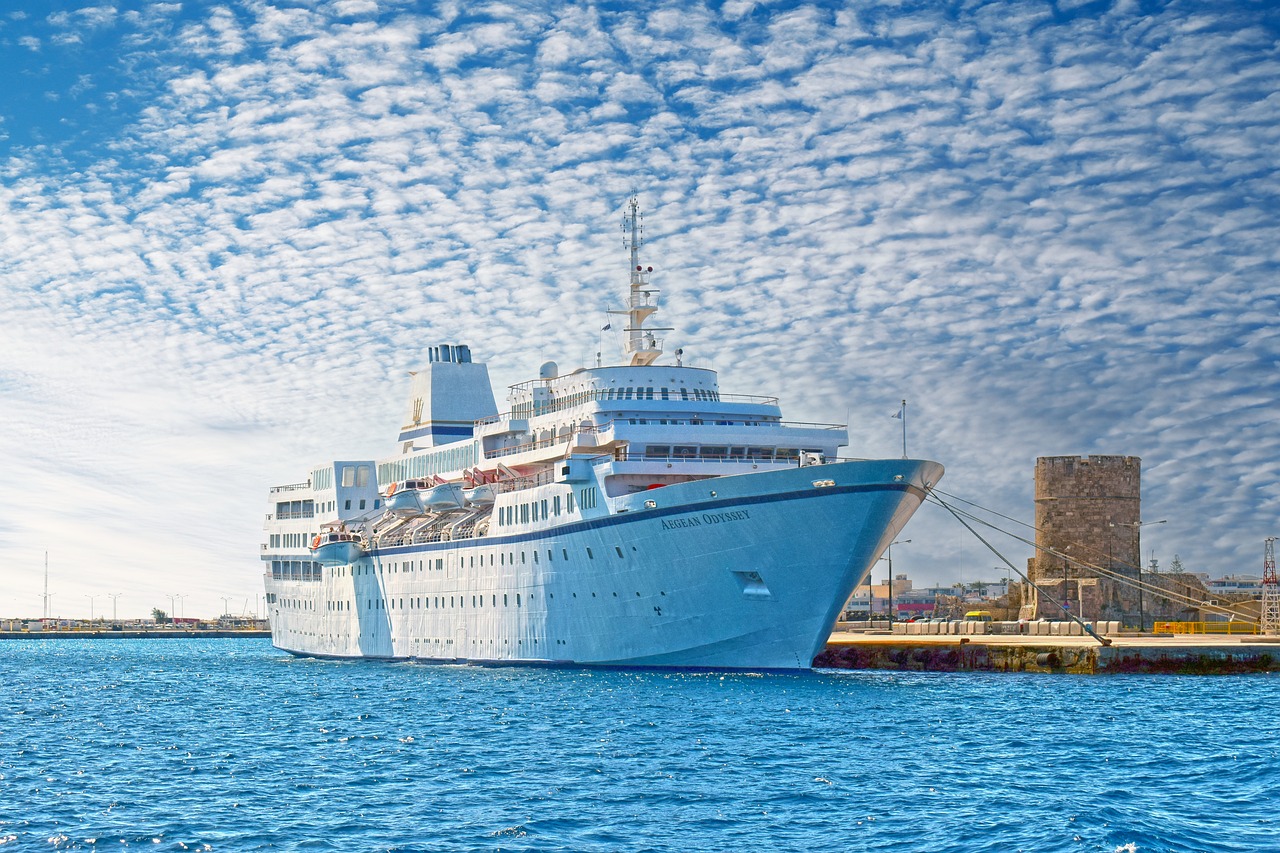Finland’s Wasaline will begin operating the first carbon-neutral shipping route in the Baltic to achieve the company’s goal set for 2030.
The company also signed a biogas supply contract with Gasum and a FuelEU Maritime pooling agreement with Stena Line, which would allow its ship Aurora Botnia to operate on biofuel and battery power.
Peter Ståhlberg, Managing Director of Wasaline, said that with this collaboration with Stena Line and Gasum, Wasaline can achieve carbon neutrality now as a forerunner for the industry.
This means that all cargo and passengers travelling with Wasaline are sustainable with no extra charges for being carbon neutral.
The company’s daily operations between Vassa Port, Finland and Umea in Sweden will run on certified biogas.
DNV, which has been collaborating through the Nordic Roadmap to launch Green Shipping Corridors, reports that the route will be recognised as the first international green shipping corridor in operation.
The travel time across the Gulf of Bothnia is around 3.5 to 4 hours.
Gasum’s bio-LNG is a fully renewable fuel with life-cycle greenhouse gas emissions that are, on average, 90% lower when compared with fossil fuel use.
The fuel is produced from biowaste, manure, sewage sludge and other industrial and agricultural side streams.
The 24,300 gross tons Aurora Botnia entered service in 2021 and measures 150 m lengthwise. It has a freight capacity of 1500 lane metres for cars and trucks.
It can accommodate 935 passengers and has dual-fuel Wartsila 31DF engines that can run on LNG, liquified biogas, and conventional marine fuels.
The ship was fitted with a 2.4 MWh battery system and will be upgraded with an additional 10.4 MWh. It will have the largest capacity battery system, 12.6 MWh, fitted on a RoPax.
The integrated Wartsila energy management system allows the ship to switch between fuel and other battery modes, enabling fully electric low-speed transits and manoeuvring.
Niclas Mårtensson, CEO of Stena Line, said that by integrating Aurora Botnia into Stena Line’s FuelEU Maritime Pool, the company gets access to biogas, which was previously not available to Stena Line.
This would reduce emissions for the entire pool, lowering fuel costs and strengthening their strategic position as biofuels become scarce under stricter regulations.
This important cooperation would support the daily operation of Aurora Botnia. The companies believe it would offer a pioneering model for the industry to follow.
?





